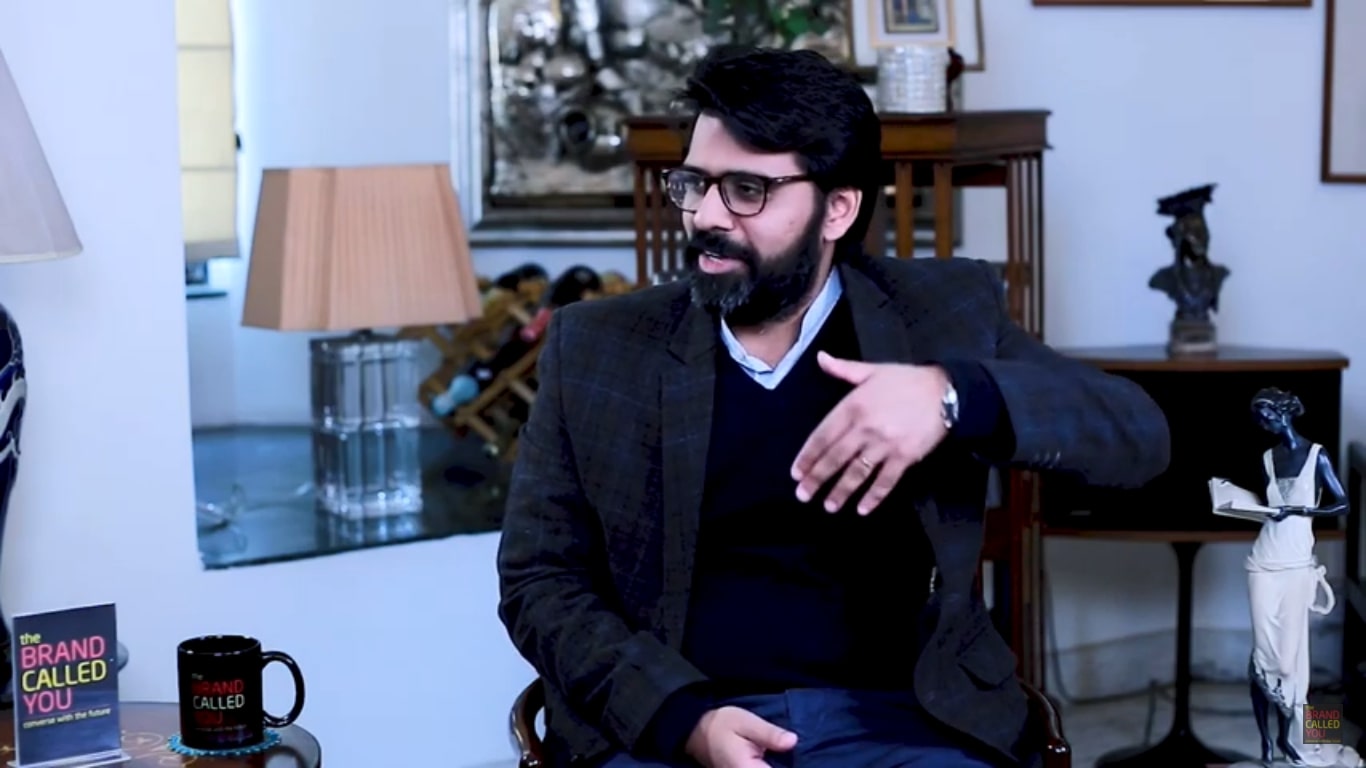Podcast: Play in new window | Download
Follow TBCY RSS
CyberMedia is more or less the torch bearer for technology business, knowledge and information in India. With 12 media properties including Dataquest, PCQuest, Voice&Data, each brand it owns has become a market leader in its industry.
Dhaval Gupta is a Director and Head of Digital Initiatives at CyberMedia. He architected the Company’s partnerships with Google, Facebook,Twitter, to name a few. He has played a pivotal role in the digital transformation of all of CyberMedia’s brands. He also passionately serves as a mentor to various startups in the fields of media, Fintech and technology, including the massively popular WittyFeed.
Dhaval talks to us about all things digital and data driven.
Is print media losing its relevance?
While Dhaval thinks that media is fast becoming user-centric, with an increasing focus on the convenience of consumers, print media still remains very relevant. He talks about the credibility still associated with print media and points out that there is a trend towards better content with greater shelf-life. He does agree that there is a shift in the role of print media.
“Ultimately I think print will find its own space, just like radio did after the television came in. I don’t think print will go away. It will take a backseat to the influence that it used to drive. There is still a credibility associated with it though.”
He also thinks consumer behaviour and demographics play a role in determining which print mediums are still growing. For instance, he thinks English publications are seeing people shift towards digital subscriptions, while vernacular prints have been growing.
“At Dataquest also, we see rapid growth in digital subscriptions. Of course, we’re B2B and so we cover a lot of ground in the industry already.”
On current digital marketing trends
“The digital marketing trend that I think is really going to be a driving force for ad spends in the coming 5 years is going to be programmatic. Programmatic effectively is a lot of automated media management. Any CMO today, who was earlier reaching out to a media planner, will think that with all the data available and with an automated system, I should be able to target the right audience with the right content and get a relevant ROI.”
Dhaval thinks that there is an increasing automation in the targeting part of marketing. The content remains to be tailor made while there is better control over who to target and when to target.
“Most of the increase that digital marketing in terms of ad spends will see is going to be driven by programmatics.”
How does a startup entrepreneur take full advantage of multiple digital platforms
Dhaval recommends strategically using the advantages offered to startups by digital companies. “Many sites offer free hosting and the like for startups. They can get activators, some grants and things like that.” He advises leveraging these partnerships in a manner that can help scale the business. He cites the example of Google Maps. He thinks Google Maps is a technology that a lot of startups globally have used to build upon. A startup could use their existing infrastructure to create a product or service that is a value addition.
“The same is true for Amazon. Today, anybody who has anything to sell, is looking to be listed on Amazon. And so, can you harness the existing platform in a way to maximize your investment?”
On data being the new ‘oil’
India is the largest consumer of data, and probably the cheapest. Dhaval says that it is important to note how we harness that data and who harnesses it. The problems of security and privacy exist, and he strongly believes that India needs better data protection laws, much like Europe.
Misuse of data is a serious problem and must face serious consequences. “Oil also led to a lot of misuse over a couple of centuries.” he quips, “with power being concentrated in the hands of a few. Today we have to make sure that we don’t go down the same path.”
He believes that data is the biggest asset that Companies can acquire today, but the data has to be good quality and relevant.


